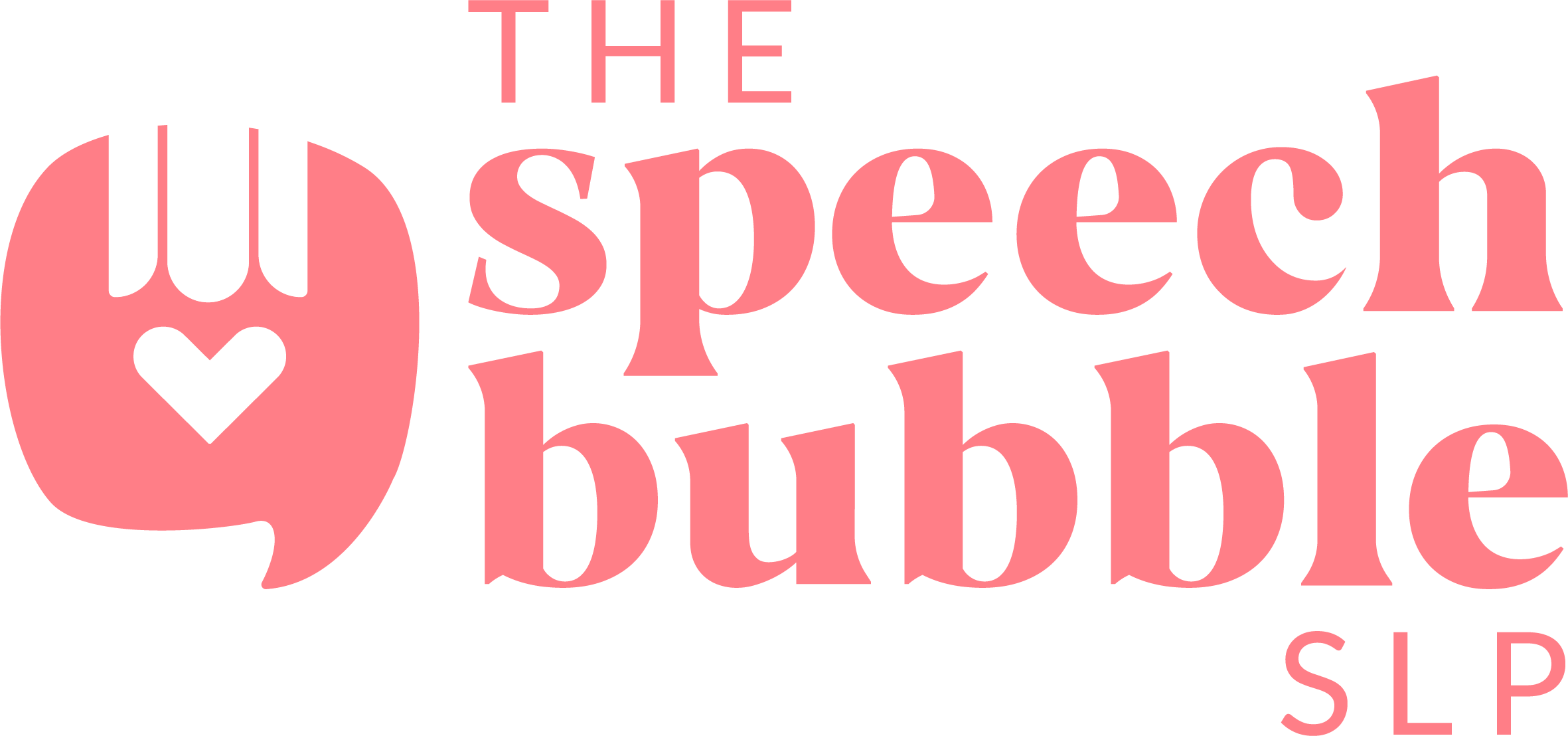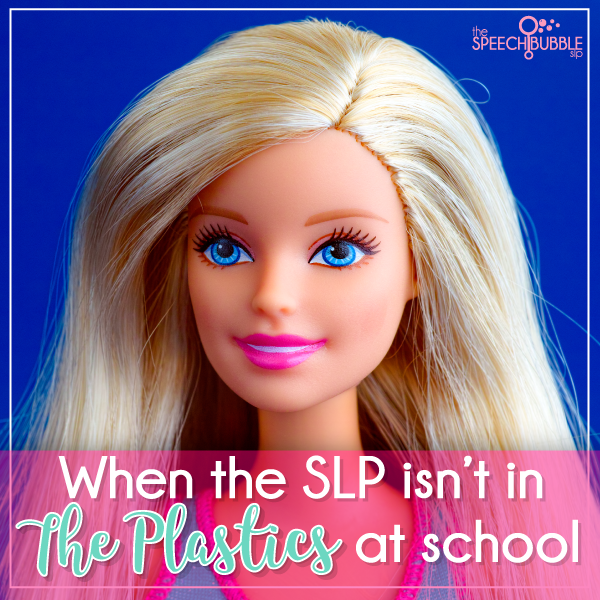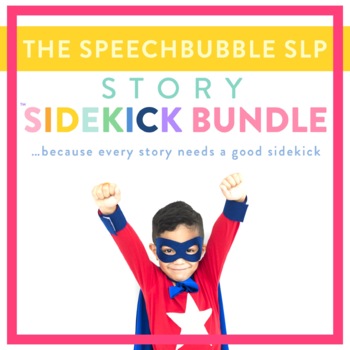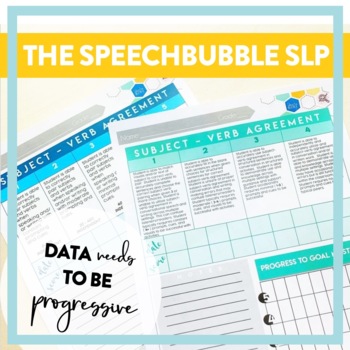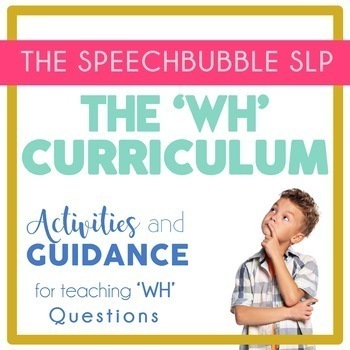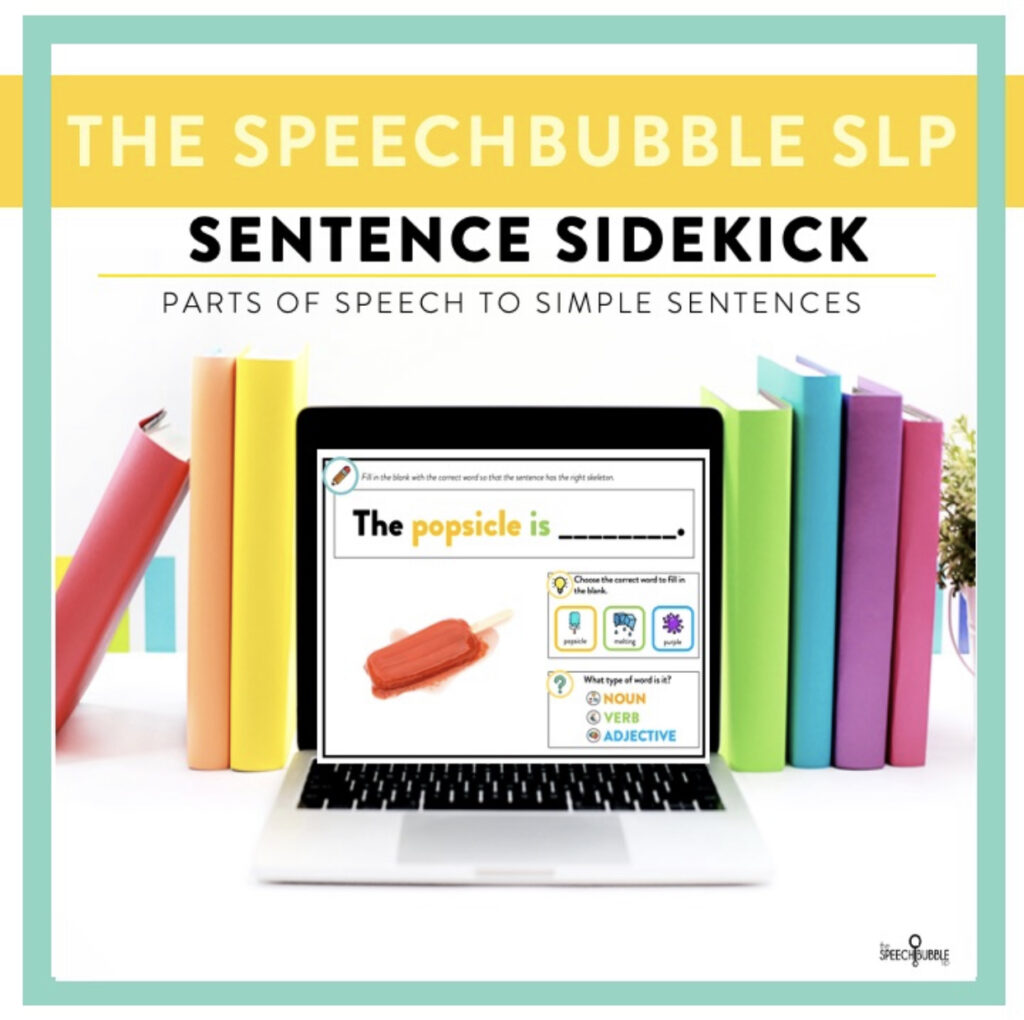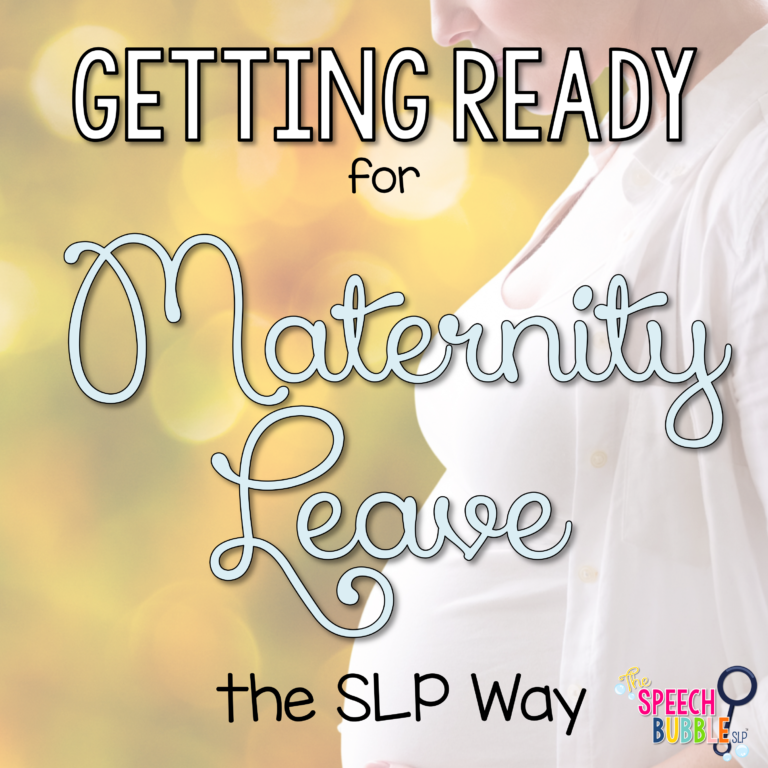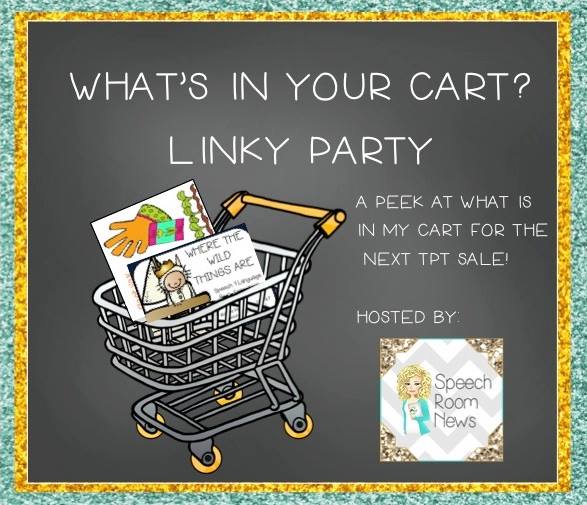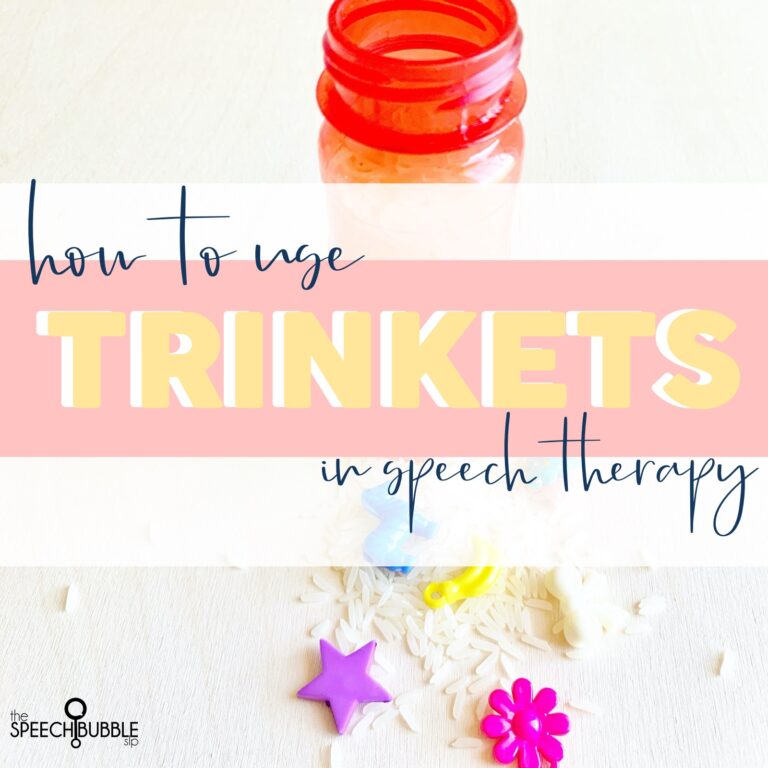I wear pink any day I can, my hair is in a ponytail several days a week and I wear jeans every chance I get. If this sounds like you … You can most definitely sit with me. Cliquishness exists at any age, so here are my tips on SLPs and school cliques.
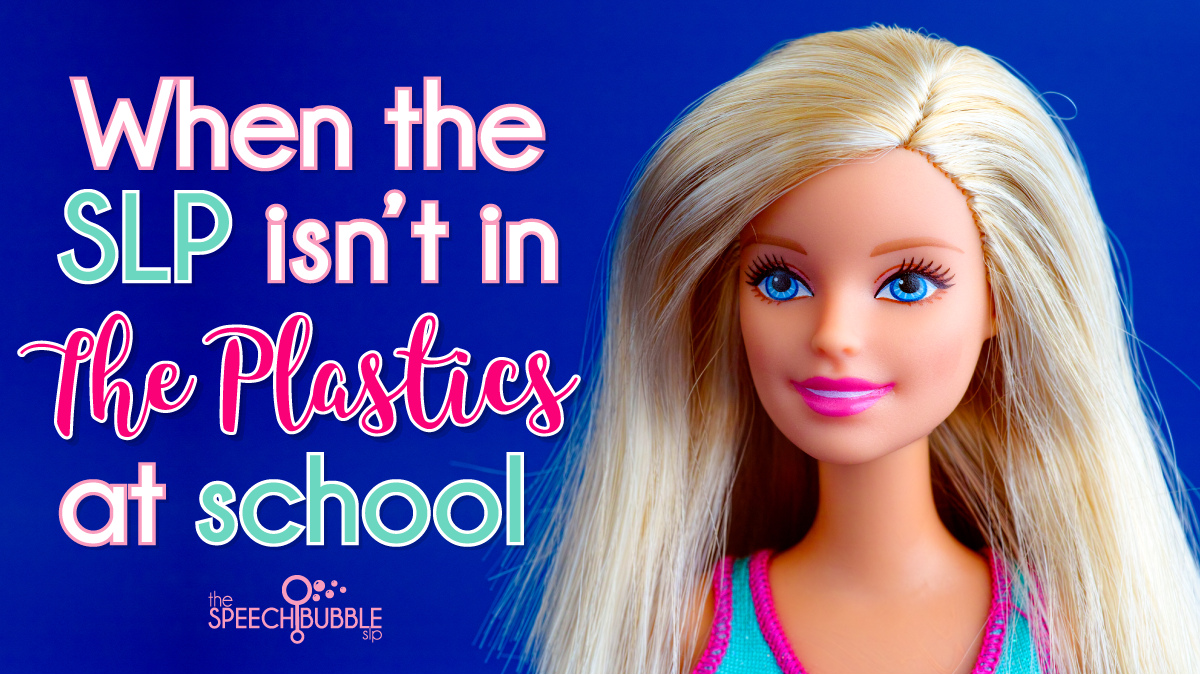
Being on the adult side of school is quite an eye opening experience. I see all the behind-the-scenes magic that goes into a ‘typical’ school day. I see the extra hours teachers put in, the care and concern teachers have for their students. I also see the cliques: those super tight-knit groups of teachers that a little SLP just doesn’t belong in.
Professionally, I see the importance of having friends at work and how being an SLP in the schools automatically puts me on a team. I have to work cohesively with that team, and that’s pretty tough when you feel like an outsider.
Back when I was in school, I was painfully shy. You couldn’t have paid me to speak. (Oh, how times have changed!) I wasn’t in a specific social group; I was an outsider with big glasses, frizzy hair, and jeans that were always too short (I was 5’9″ by seventh grade).
It wasn’t until college that I came out of my shell. When I started working, I was much braver, and making friends slowly became a bit easier. I knew I didn’t need to be in the popular clique at school, but I did have to make some friends to make things run smoothly.
You might be thinking, why? Why is it so important as an SLP to have friends at work? Frankly, we need a support system. We need people to chat with, celebrate with, and vent with when the day feels like it can’t get any worse and it’s not even 10 a.m. We need someone to bounce ideas off of or offer perspective. Heck, just someone who recognizes you at school and gives you a genuine smile and a hello!
As hard as it is to admit, having friends at work is important for us as SLPs. So what can you do when you see the cliques around you at school, and you are definitely not eating lunch with The Plastics? (Sidenote: if you don’t know about The Plastics, go watch Mean Girls.)
Maybe you’re the only SLP at your building, or in your district even. Maybe you’re cool with that, but everyone is different. How do you know if you should seek out some work buddies? You should think about reaching out and cultivating some friendships at work when it starts to impact you at work or home. When you’re at work eating lunch in your room because you don’t have anyone to talk to. When you have a student reach a goal and want to go share the news, but can’t because you don’t have that person to go to, or if you’re at work and just feel lonely.
If that sounds like you, even sometimes, you may want to think about making some friends. Take the first step and keep stepping. It’s hard and uncomfortable. You need to put in effort. I know that sounds odd, but friendship is a two-way street and construction on those roads has to start somewhere.
An easy starting point may be reaching out to someone on your special education team.
You will most likely share students with them and since you work in the same realm, you already have quite a few things in common. Stop by and just ask how it’s going. Ask about their family and get to know them on a level outside of students, goals, and test scores. It will be on you to continue to stop by and chat. Then one day, they stop by and chat with you, and the roads of friendship begin to get paved.
Do something nice (that you would want someone to do for you) to show your friend that you appreciate them and who they are. Little gestures can have a big impact.
- Pick up a coffee for them on the way to work (and one for you too)
- Place an encouraging note on their desk
- Offer to run the copies they don’t have the five seconds to do because it is between the copy machine and the bathroom
It’s OK to not be in the clique, but you don’t have to be a lone wolf.
If you are looking for some inspiration, this is a great post about finding your Marigold
Have you ever had an issue at work with cliques or being on the outside? Did you find your tribe?

